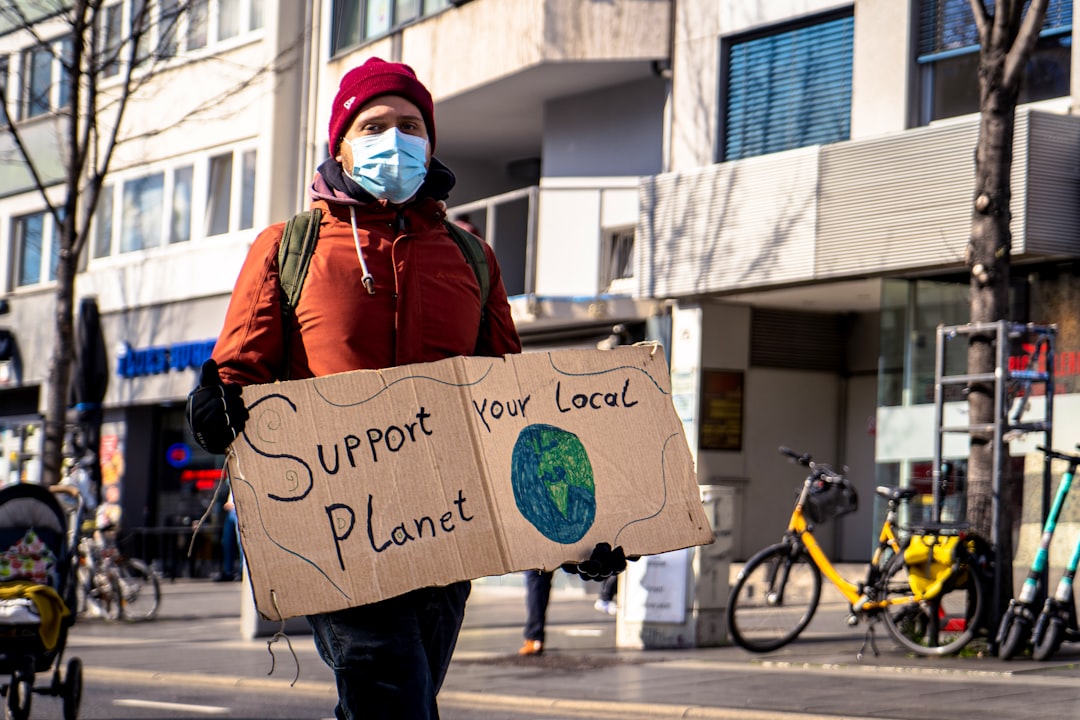
International trade in food and agriculture has more than doubled in real terms since 1995 to a value of USD 1.5 trillion in 2018. Indonesia benefits from this trade, with food and agricultural imports valued at USD 20 billion and exports at USD 37 billion in 2018. Indonesia imports food commodities such as wheat, garlic, soybeans, sugar, and beef, and exports commodities that have a comparative advantage such as palm oil, coffee, nuts, spices, and processed food products. The increased competitiveness of Indonesia’s food, beverages, and tobacco manufacturing industries indicates there is a huge potential for Indonesia to compete globally and grow its economy.
Despite the importance of food trade, Indonesia uses non-tariff barriers to trade (Non-tariff Measures or NTMs) more extensively in the food and agriculture sector than its peer countries of Singapore, Malaysia, and Vietnam. NTMs are policies other than tariffs imposed on international trade. As of January 2021, there were 466 coded NTMs administered by eight different Indonesian ministries and agencies that cover almost all of food and agriculture products. NTMs impose additional costs for enforcement, sourcing, and process-adaptation to food and beverage (F&B) manufacturing businesses, limit corporate access to the global market, and may reduce productivity and competitiveness. NTMs can, therefore, act as costly barriers to trade, even having a bigger influence than tariffs. With this, NTMs also undermine food security. Indonesia currently ranks only on position 65 out of 113 countries in the Global Food Security Index.
The Omnibus Law on Job Creation from 2020 revises the 2012 Food Law towards more liberalised food trade policy. However, existing Ministry of Agriculture and the Ministry of Trade regulations that contain NTMs on food import remain in force. Technical measures such as sanitary or phytosanitary (SPS) measures, technical barriers to trade (TBT), and pre-shipment inspection (PSI) increase compliance and storage cost due to inefficiencies in the enforcement of the NTM. Quantitative restrictions (QR) or quota imposed through non-automatic import licensing system are associated with import delays due to the complicated process, resulting in food shortages in
the market and skyrocketing domestic retail prices.
Three reforms can minimize the cost of NTMs. First, the Ministry of Trade should lead a comprehensive review of existing NTMs. Regulatory Impact Assessments (RIA) should clarify the cost and benefits of specific NTMs, and allow for the removal of those with large net costs. Second, the Ministry of Agriculture and the Ministry of Trade need to consider improving enforcement infrastructure and systems to minimize compliance cost. Last but not least, the Ministry of Trade should introduce an automatic import licensing system that replaces the quota system to facilitate transparency, predictability, and ease of trade.



